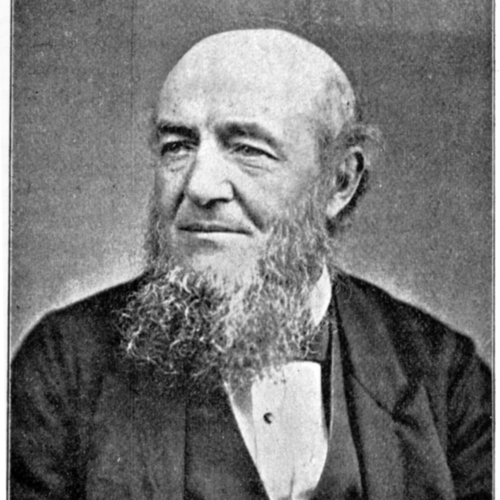

Josiah Gimson was the most prosperous of the 19th century secularists in Leicester, and the main force behind the building of Leicester’s Secular Hall. He was a longtime friend of George Jacob Holyoake and like him was an active supporter of the ideas of Robert Owen. In the 1850s the Owenites adopted Holyoake’s secular rationalism, or ‘secularism’.
Josiah Gimson was born in Leicester in 1818, the son of a carpenter and Quaker. Before establishing his own factory, Gimson worked as an iron founder. His Vulcan Works building, on Humberstone Road and Nedham Street, is still in use for commercial purposes. The company provided the engines (still to be seen working on occasion) at the Abbey pumping station, now a museum, and made Gimson a wealthy man.
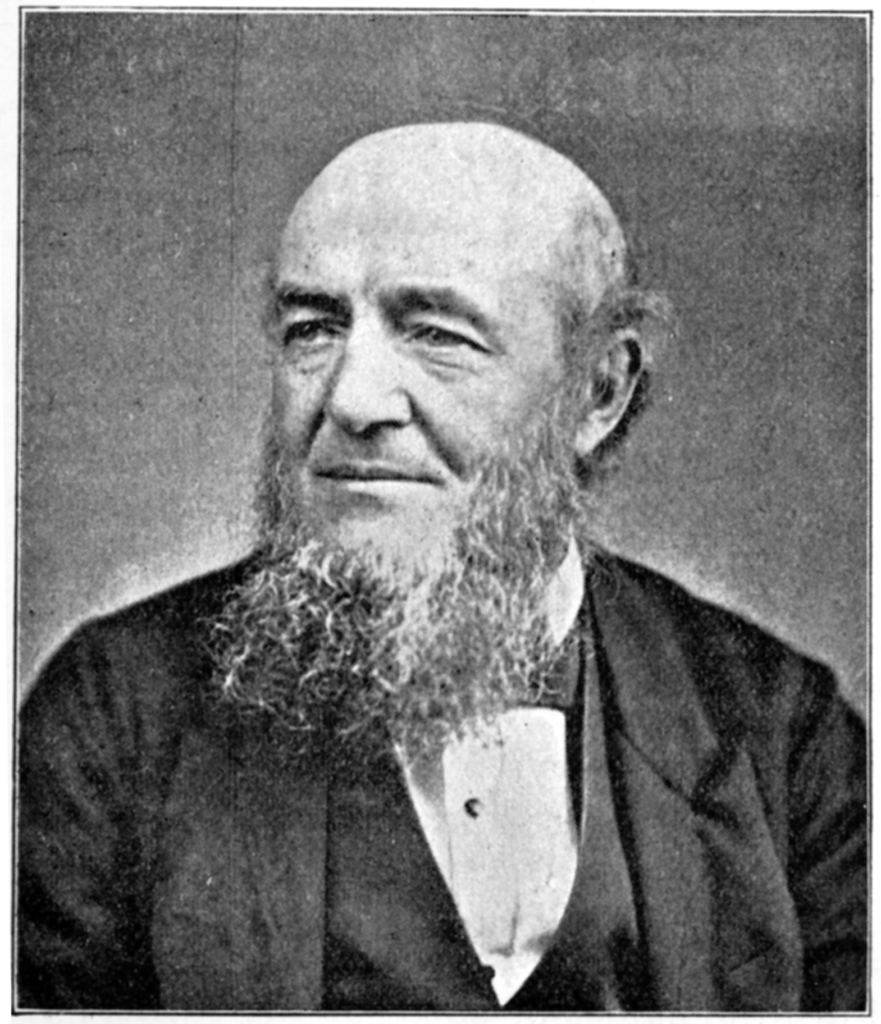
Gimson was an active supporter of Robert Owen, and was President of the local Owenite branch. In the 1850s, he became a secularist leader in Leicester, influenced by the ideas of George Jacob Holyoake (who coined the term ‘secularism’ at the decade’s beginning). Gimson subsequently became a significant shareholder in the Leicester Secular Hall Company, which had been established to build a permanent home for the city’s secularists.
It was Gimson who engaged the architect of the hall, Larner Sugden, and the sculptor for the five busts, Ambrose Louis Vago, and was responsible for the controversial inclusion of a bust of Jesus. Two of his lectures to the Society had the titles: ‘Jesus Christ: a Witness for Secularism and against doctrinal Christianity’, and ‘The Ethical Teachings of Christ testify to the all-sufficiency of Secular Conduct’.
Gimson had eleven children, six of whom survived to maturity. One of these was Ernest William, who became a furniture designer and architect, and was greatly inspired by William Morris, who he had met in Leicester. Another son, Sydney, became President of the Leicester Secular Society, and wrote Random Recollections of the Leicester Secular Society.
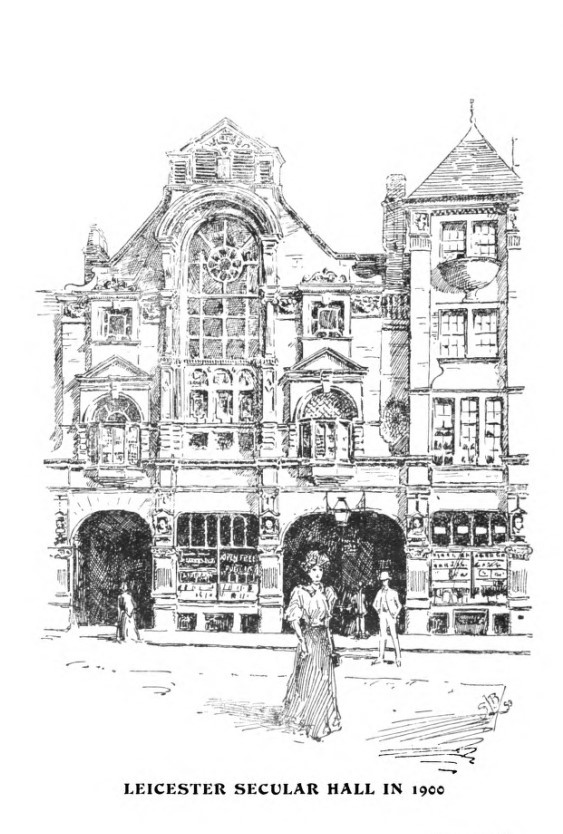
In 1877 Gimson was elected to represent West St Mary’s Ward on the Town Council as a Liberal, and became vice-chairman of the Floods, Highways and Sewerage Committee. He died in 1883, and was buried in the Gimson family grave in Welford Road cemetery.
Josiah Gimson was a leading 19th century secularist, and a driving force in developing and sustaining Leicester’s vibrant community of freethinkers. Today, the Leicester Secular Hall stands in part as a testament to him, and to the values of free speech, liberty, and community he embodied.
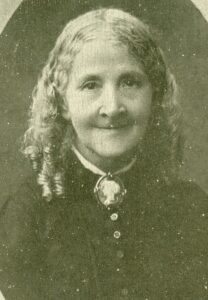
… purely human and natural ethics, and not theology, was the source of this pioneer woman’s enthusiasm for justice, even […]
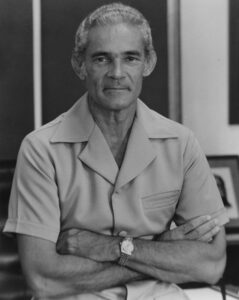
I like life with its mysteries. I don’t need my imponderables filled in for me. Michael Manley quoted by Rachel […]

Derek Lennard was a longtime member and former chair of LGBT Humanists—then known as the Gay and Lesbian Humanist Group […]
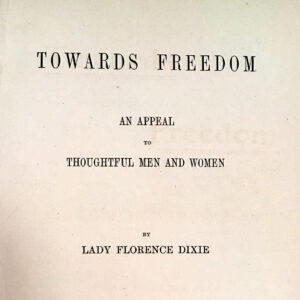
Truth needs the friendly grip of earnest men and women of every class. There is no distinction where it dwells. […]